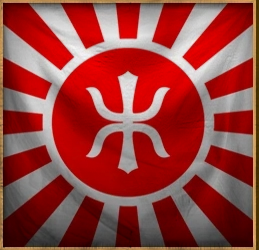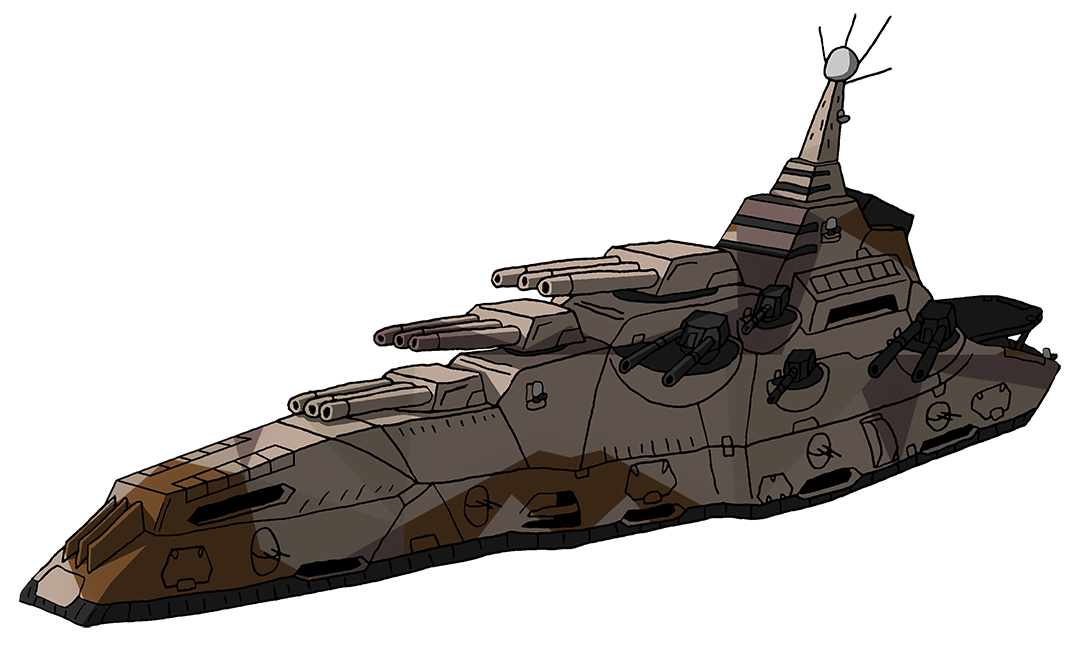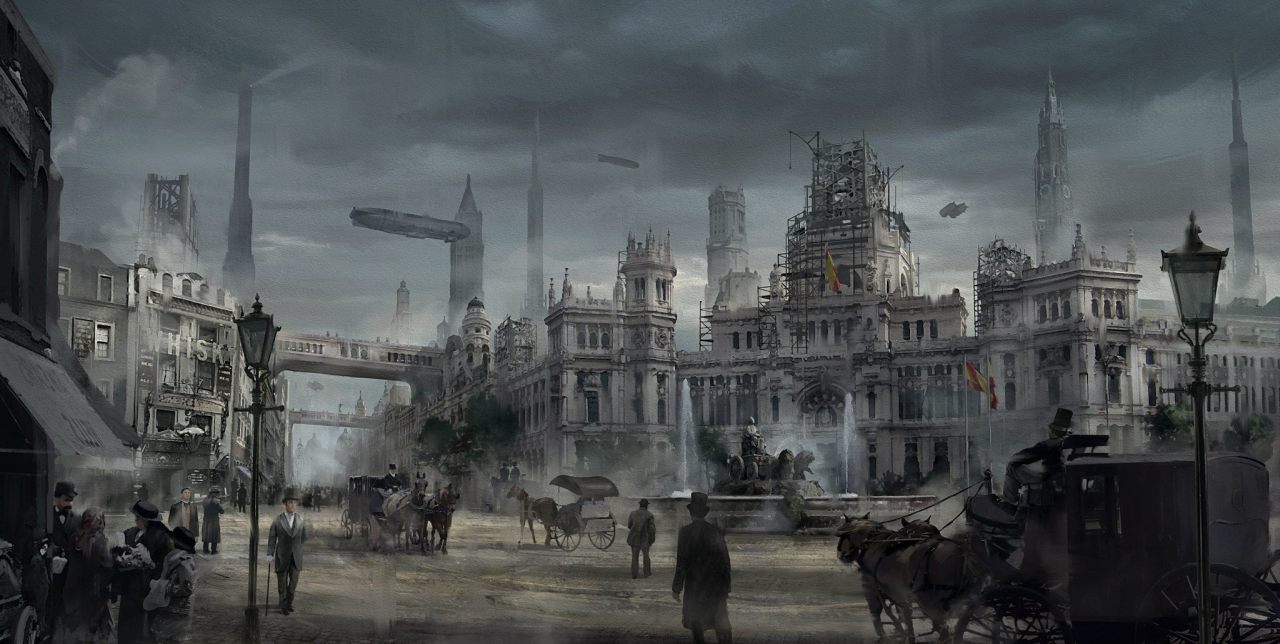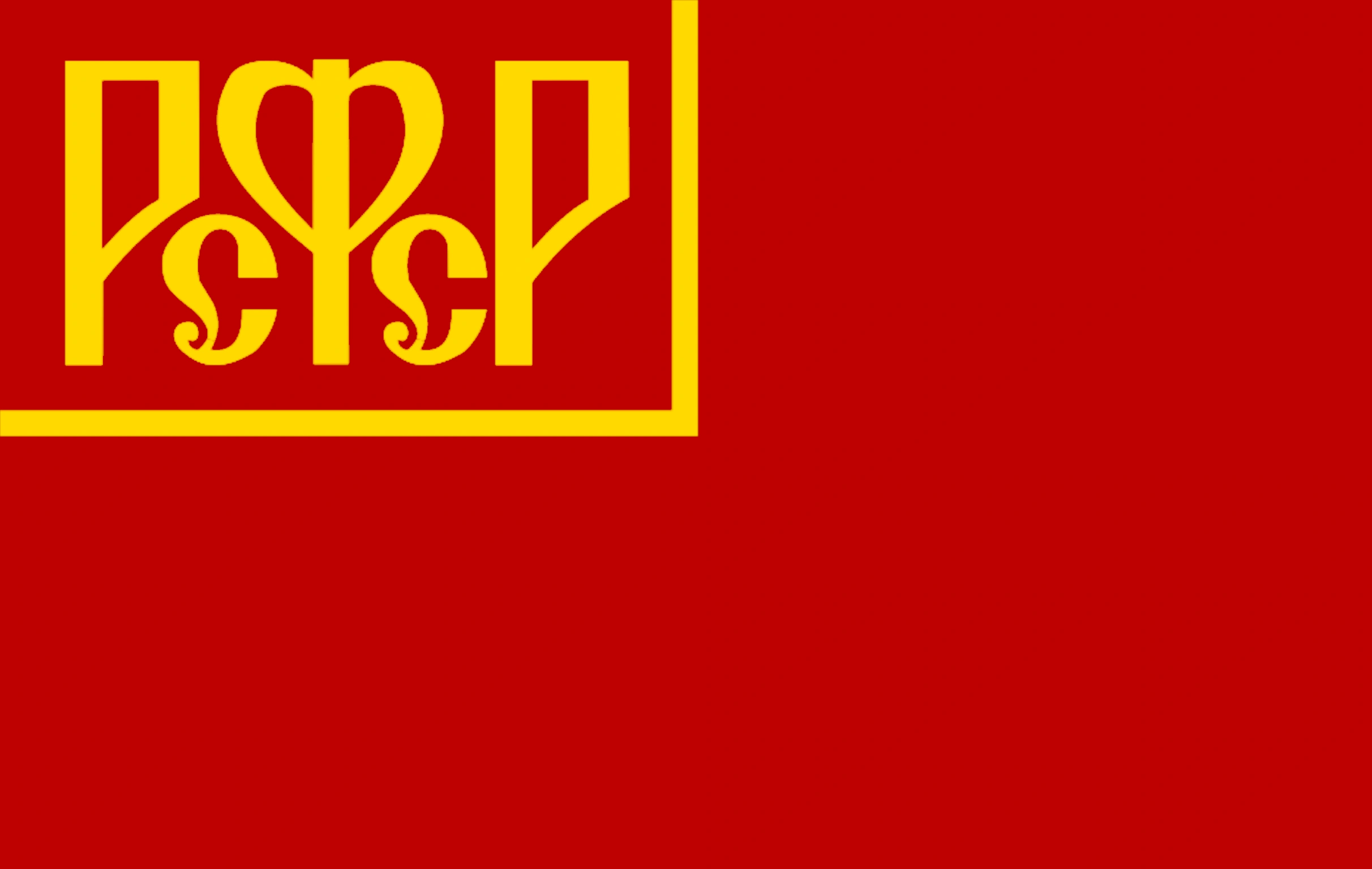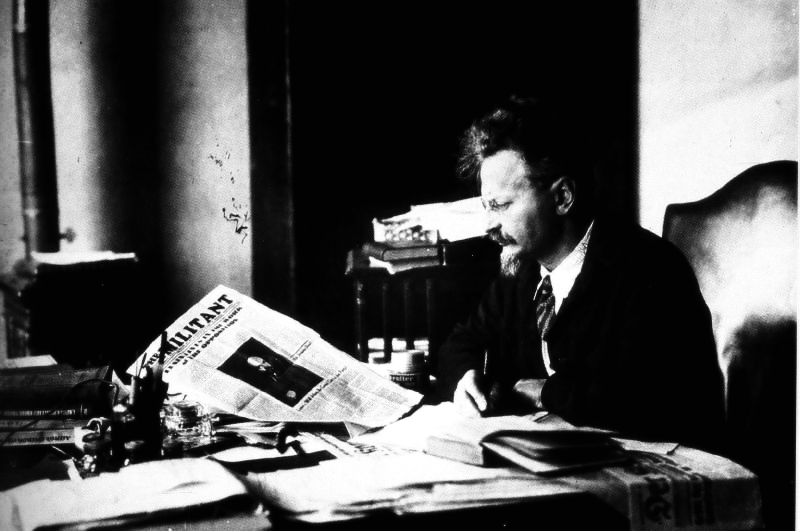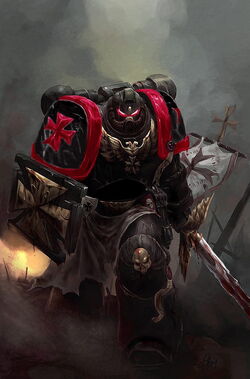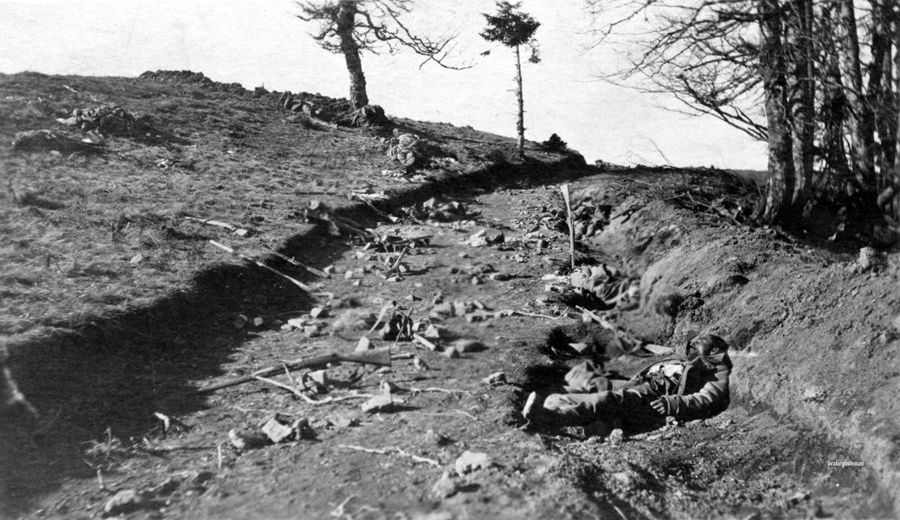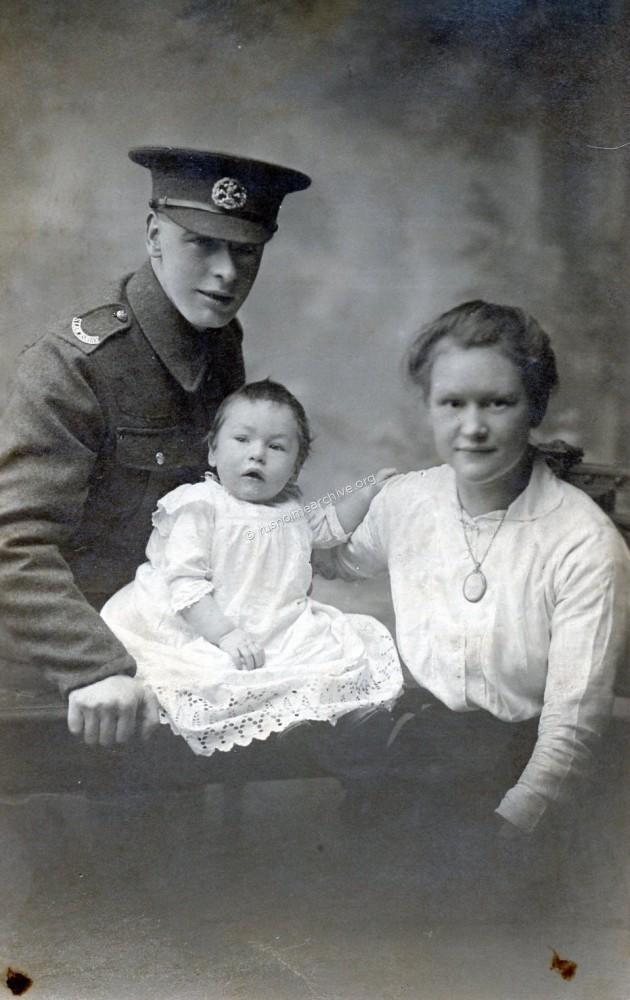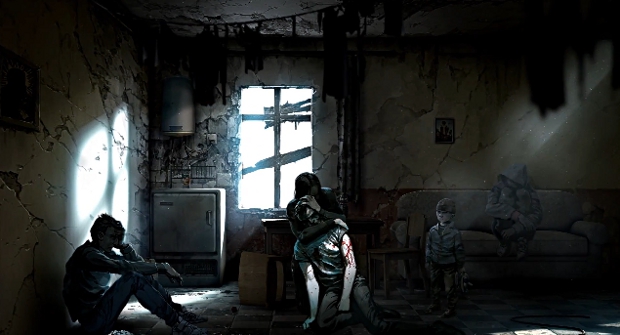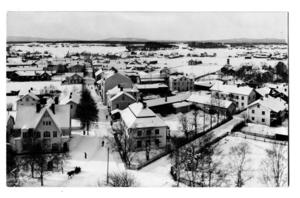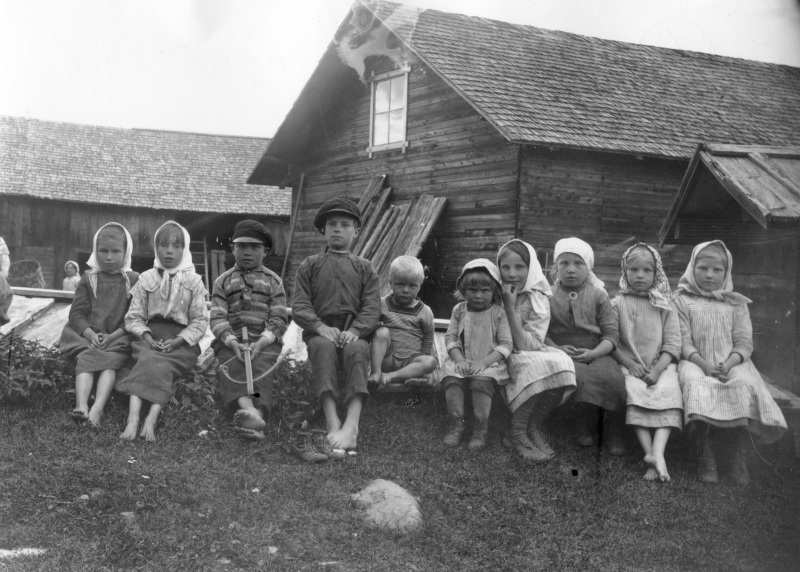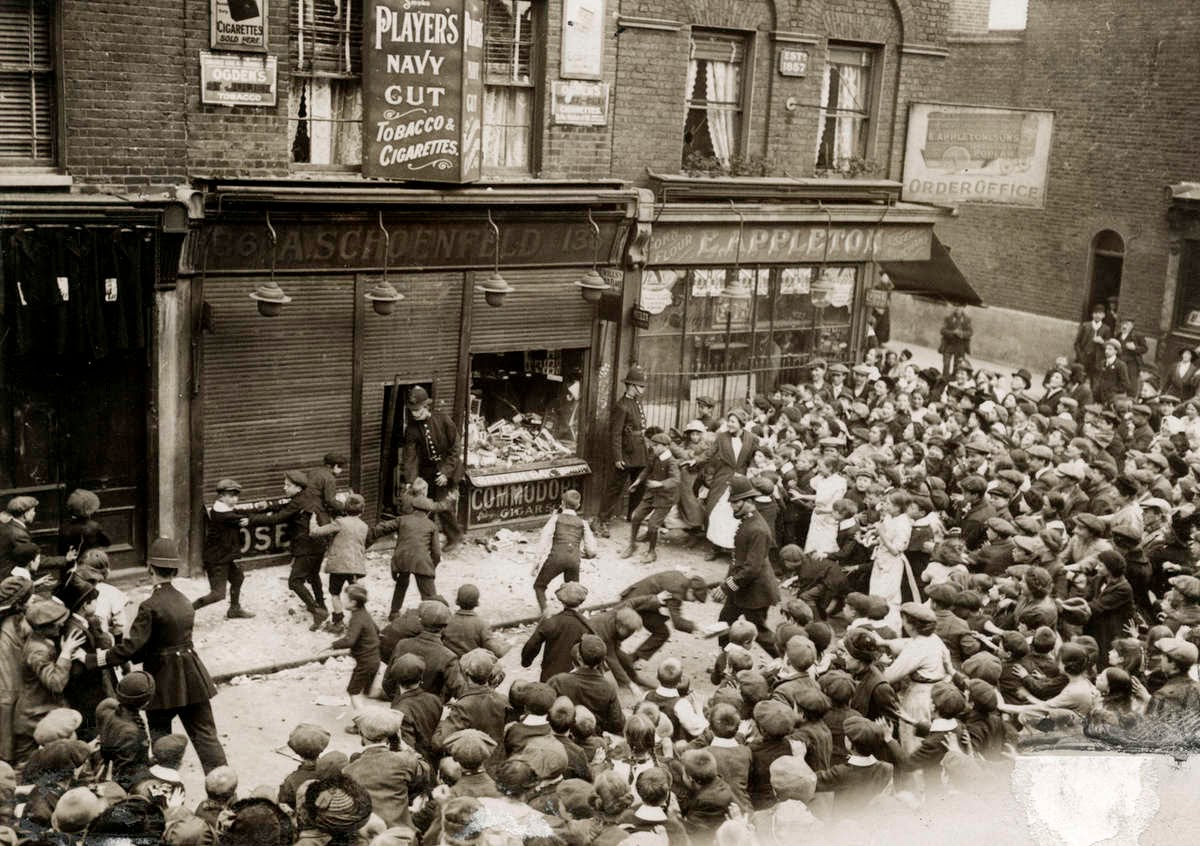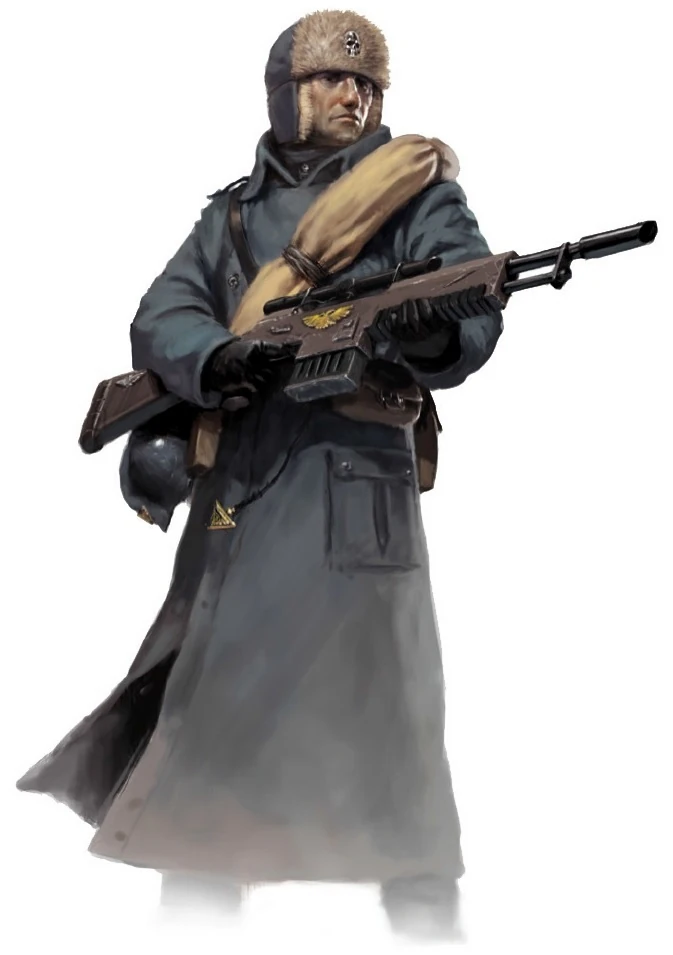Shortly after Sweden officially had joined the Entente, the telegraphs had gone warm between Stockholm and Berlin. It had all been because of a terrible misunderstanding. With all the chaos, the Germans had never received the memo of a peace with Denmark, following the treaty of Brest-Litovsk, and had therefore regarded the Swedes pulling out of the war as a hostile action. However, now that it all had been worked out, and since no shot yet had been fired between the two former allies, the Germans offered the Swedes a very generous deal in terms of land, help against rebels, and influence after the war, if they rejoined the Central Powers, which they were welcome to do. It was a very tempting offer, and the Swedes hesitated for a while, but in the end they decided to remain in the Entente, for several reasons. There were however three major ones:
1. Telegrams had at the same time also been sent back and forth between Stockholm and London, and the British were willing to give the Swedes basically the same thing as the Germans offered, provided they joined the Entente.
2. Russia was now a Central Power, and being on the same side as Russia would be wrong in so many ways. Besides, faced with the threat of a Russian attack, the unrest in Finland had calmed down, and been replaced by a united front of reds and whites.
3. Prestige. It would be even more dishonouroble, in the eyes of the Swedish leadership, to change sides yet again. Especially since the truth behind it was very embarrassing, and that the only possible lie, that the secret addition to the treaty behind Germany and Russia, had been nothing but propaganda and disinformation from the Entente. The people would see through it, and with so many rebellions going on, the military government couldn't afford itself to be seen as more discredited and illegitimate then it already was, in the eyes of many.
With the main focus being on winning the increasingly bloody civil war, and perhaps also due to an unspoken gentlemen's agreement with its former allies in the Central Powers (and likely also to some extent thanks to the French-German truce following the partition of Switzerland), the "war" between Sweden and Germany was more or less a phony war, and against Russia, the strategy was defensive. However, there was still much to do.
Denmark
With the loyalist faction nearly wiped out, the Swedish Expeditionary Force now faced both nationalists, communists, "Apaches" (the terrorists the Swedes themselves had created) and German soldiers, and although they were doing relatively well and had British support, the increasingly dire situation in southern Sweden meant that the soldiers were better needed elsewhere. The SEF retreated and was evacuated from Zealand with the help of the navy as well as the airfleet (which was part of the explanation as for why the Swedes hadn't been able to show up in time for the battle of Jutland). Except for a small contingent, which would remain to make sure that the Danish oil fields remained in Swedish hands (Danish oil was of vital importance for Sweden''s capability to wage war. Sure, they could still buy much from the neutral Norwegians, and now also some from the British, but unlike in peacetime (or, for that matter - if they had rejoined the Central Powers), not from the Russians, which had the biggest resources of the black gold), but all other personnel were to be sent to Gothenburg and Karlskrona, the two big strongholds of the Swedish government forces. In Gothenburg, the public was very much in favour of the British, and therefore also to Swedish soldiers (unlike when they had fought alongside the Kaiser, during which the city had been dangerously close to uproar, but as already stated, that wasnt the case anymore), as they now were on the same side. Karlskrona was the place of Sweden's most important naval base, and naturally, it was a city very loyal to the military.
Soldier guarding a Danish oil field, propaganda shots:



Finland
Rather ironically, with one of the largest empires in the world, against them and with hostile intentions, the Russian border was still the calmest front. Fortifications continued. "Viking" walkers patrolled along the frontlines, and the very sight of them was a morale boost to the troops. The Viking model was based on a German model, and was fueled by charcoal, which Sweden and Finland thanks to their large forests had lots of, even more so than oil. With growing uncertainty regarding future oil supplies, steam had become popular again.
Another one who had become more popular, among both reds and whites, was Mannerheim, now Field Marshal. He had become the undisputed leader of Finland, and as the two political factions drafted a new constitution in the Senate, there were already whispers expressing the desire that he should become the first president of the new republic. Because it was agreed that it should be an independent republic, and that it would be up to the people to vote, at a date yet to be determined, weather Finland would be a nation on its own feet, or in union with Sweden.
The young nation already had a military force of its own, although it was still small, and relied heavily on Swedish support. This was another reason why the Swedes hadn't participated in the battle of Jutland: Ships bound up in case of a sudden Russian attack, with orders to stay, not that the would've been able to arrive in time to the engagement anyway.
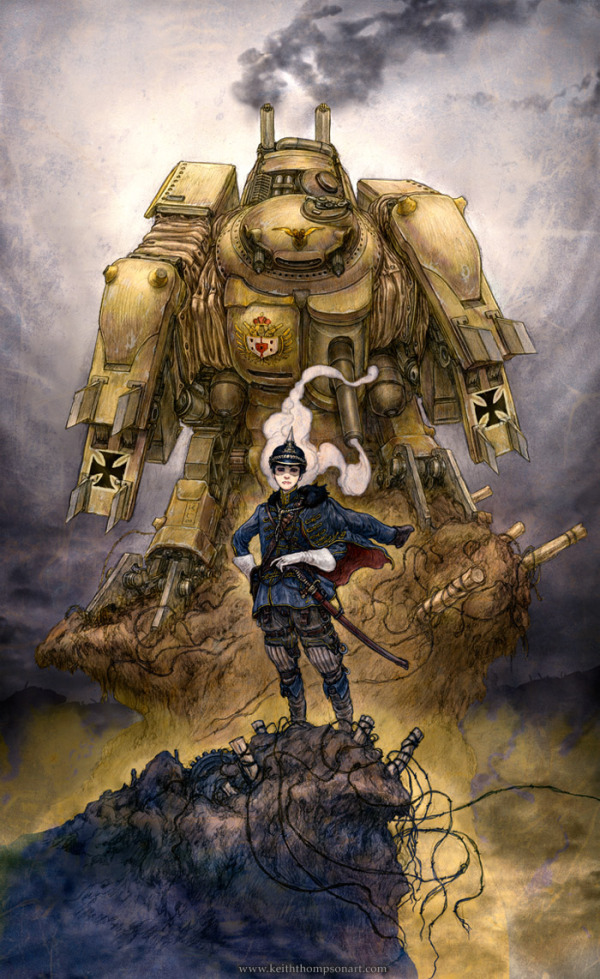
The German walker which the Swedish "Viking" is based on. The main differences are purely esthetical. Three crowns instead of iron crosses, different crest, and with bended exhaust pipes which give the impression of a horned helmet.
Homefront/Civil war
Gothenburg, also known as "Little London", was abuzz with life. British and Swedish soldiers, sailors and pilots alike were warmly welcomed by the inhabitants. It was hard to tell from their cheerfulness that the Swedish Red Army was advancing northwards, and soon might threaten the city. Or maybe it was because of that. The tommies were after all treated as saviours for a reason, it had been a part of the deal between with the U.K. to make Sweden join the Entente, that Britain would help against the rebels, and that the MI5 and MI6 would assist Sweden in building a proper spy agency. As it were, there was no coordination between the agents employed by the military, the police, or the diplomatic corps, and the organizations still suffered from the peaceful lull before the outbreak of the war, and it was all handled quite amateurish. The NIS would perhaps made results a lot quicker, but the Swedes didn't really trust the Italians, especially not the NIS. The Swedes wanted genuine cooperation and assistance, not infiltration. That's why the British secret services had been chosen instead, but that was never mentioned, of course.
Speaking of spies, one was deporting the city by airship right now. Sven Hedin, the famous explorer, was officially out on a new scientific expedition to Asia with a multinational team consisting of Swedes, a Norwegian, and Englishmen, but he also had a secret mission: Contact their allies in Mongolia in order to get bluprints for new weapons. His travel route was Gothenburg - London (where he would meet his British contacts) - Calais - Paris - Rome - Iran - India - China - Mongolia, and back via the United States. The High Command had high hopes in him. Hedin was very experienced, and an avid Russophobe. One problem was his admiration of Germany, but his superiors calculated that his loyalty would trump that, especially now when the Germans colluded with Russia. If not, then he had at least been sent far away, hopefully unable to cause any harm for the Swedish kindom.
A new government
With Finland as the one exception, the war was not going well for Sweden. A scapegoat was needed. A sacrificial lamb. It fell on the independent conservative prime minister Hjalmar Hammarskjöld and the civilian government to resign, even though they hadn't had much real power left. The High Command appointed the leader of the Social Democrats, Hjalmar Branting, as the interim head of government. They hoped that with a social democratic leader, the leftists would be appeased, especially since he was a convinced reformist who disliked violence and was against a bloody revolution. He had supported the mensheviks in the Russian civil war, and gone to the same school as the old king. It hadn't been easy to make him accept the offer, but he had eventually given in, once the junta promised him that the government would have actual power to wield again. One of his protégés, Per Albin Hansson, saw it as the perfect opportunity. Soon, he thought, there would be universal suffrage and eight-hour work days in Sweden. The construction of a "Folkhem" could begin. From the ashes of war, the nation would be reborn. Like a Phoenix.
Sápmi
Scania had fallen, as had Halland and much of Småland. Malmö, Helsingborg, and Halmstad were red strongholds, and even in Stockholm, communists gained ground. So when the indigenous Sámi people in the north rebelled as well, the new government had to act quickly. Hjalmar Branting met with their leaders, among them Elsa Laula Renberg, for negotiations in Mora, the temporary capital. It turned out that although the Sámi people were ready to take up arms, they prefered a peaceful solution. Sápmi would become an autonomous region (exact borders to be determined later) within Sweden, with its own parliament, and of course, Sámi people would have the same rights as Swedes. Once the war had been won, mayybe the Swedish government could help their brethren in Finland and Russia as well?
The meeting had been a success, and both sides were happy. Although the old government would've never agreed to it, especially not during peacetime, but things were a lot different now.
Baltic sea
"Well, it's not a bottle of rum, and it's not Kolchak's gold, but close enough. Cheers to admiral Kolchak and his vodka!"
"To Kolchak and his vodka! SKÅL!"
The pirates obeyed their captain, especially now, when the order was to party. The captain, Jacob Sparv, and his men, former sailors of the royal Swedish navy, had been inspired by the communists, and since they definitly weren't communists themselves, had turned to a life of piracy. What had started with one submarine was now an outright fleet, mostly consisting of submarines, but also a few surface vessels, all flying the Jolly Roger. Captain Sparv had made himself, and his men, a fortune on smuggling and business with gulasch barons and other black marketeers. Gotland was their island, but they used the coasts of all nations in the Baltic sea, and even some harbours. And although they had been discontent with the war, their pay, the High Command and the civilian government, these modern Victual Brothers had a general rule of not attacking other Swedish ships (unless attacked first, which happened from time to time. They were after all technically criminals, deserters, and possibly also traitors, dependng on who you asked), but it did occur that they attacked ships in the hands of Swedish communists, and all foreign ships were seen as fair game. Such as Kolchak's. His vodka was very welcome, it was enough for the pirates to keep, and to sell for a profit.
"Speaking of admirals, give a bottle to Reidar too", Sparv told one of his underlings, who saluted out of old habit despite the fact that he didn't have to, and did as he was asked. He was drunk himself, and once he got to the prison cell, the admiral's bottle wasn't quite as full as before. Still, the sailor gave it to the guard, and spoke to him for a while, while the guard took a swig of the booze himself, before unlocking the cell door to give the rest to the prisoner. Admiral Reidar Dahlén, up until recently a member of the High Command, looked up, unshaven and hollow-eyed.
"Well, looks like your ransom takes a while, but here you have a present from the captain himself, and Kolchak, to enjoy in the meantime. Oh, and by the way, have you heard about Jutland?" The guard briefed the old officer, laughed, and locked him in again.
This was likely the biggest reason why the navy hadn't helped their allies at Jutland: It was fighting itself as well. It was a short distance between Karlskrona and Visby, and there had already been several engagements.
Stockholm
If this war was a game of poker, the grim reaper was starting to get a really good hand. With financial support from Olof Aschberg, the so-called "red banker", the communists had been able to form cells thorought the country, get weapons, and hire experienced, motivated Russian bolsheviks in exile to spread the revolution further. It worked beyond his expectations. Stockholm fell. The royal castles were stormed, the garrisons defeated or defected. The queen died quickly from a perfectly place bullet between her noble eyes, much to the dismay of some of the male communists who had envisioned themselves a little something before her ultimate demise. The children were evacuated in the last minute, but the king refused, and stayed to fight, to uphold the horde, so that they could safely get away. They did, but Gustaf VI Adolf ended by his wife.
The eldest son, crown prince Gustaf Adolf, was yet too young to take the throne. A regent would have to be appointed, in the new temporary capital Mora, a town strategically close to Norway, in supposed safety.

